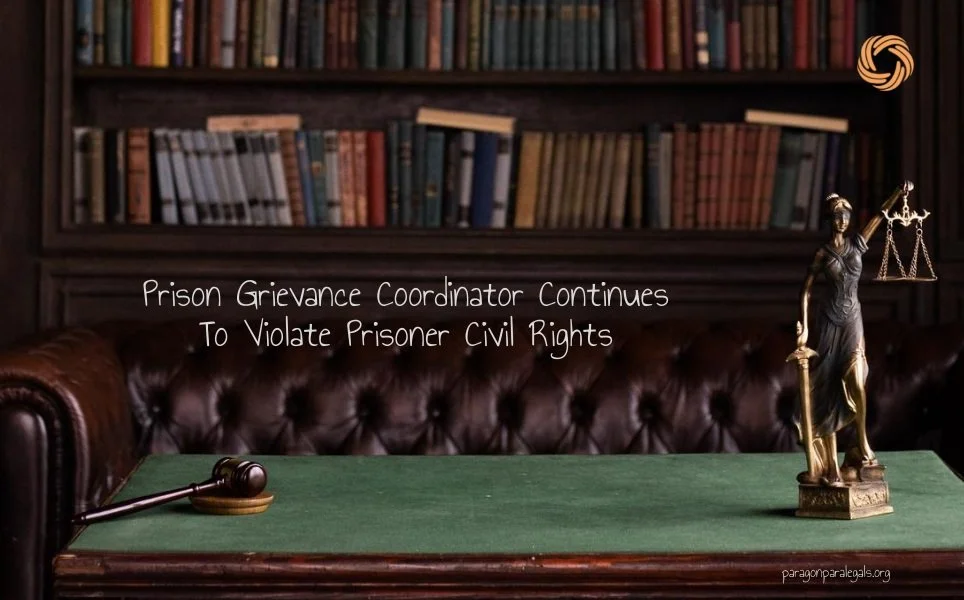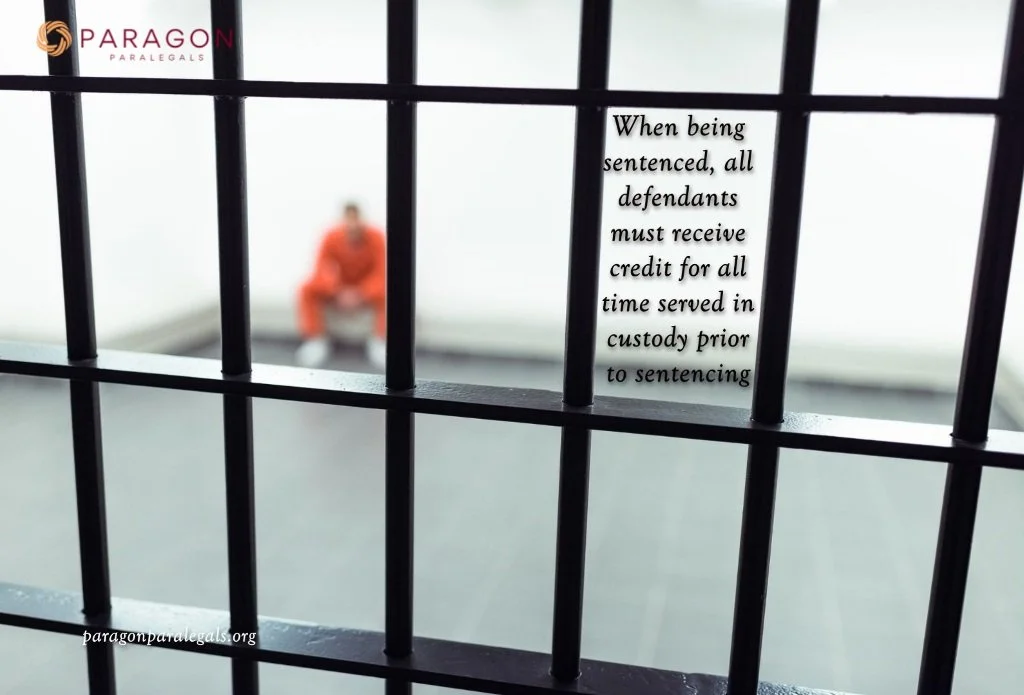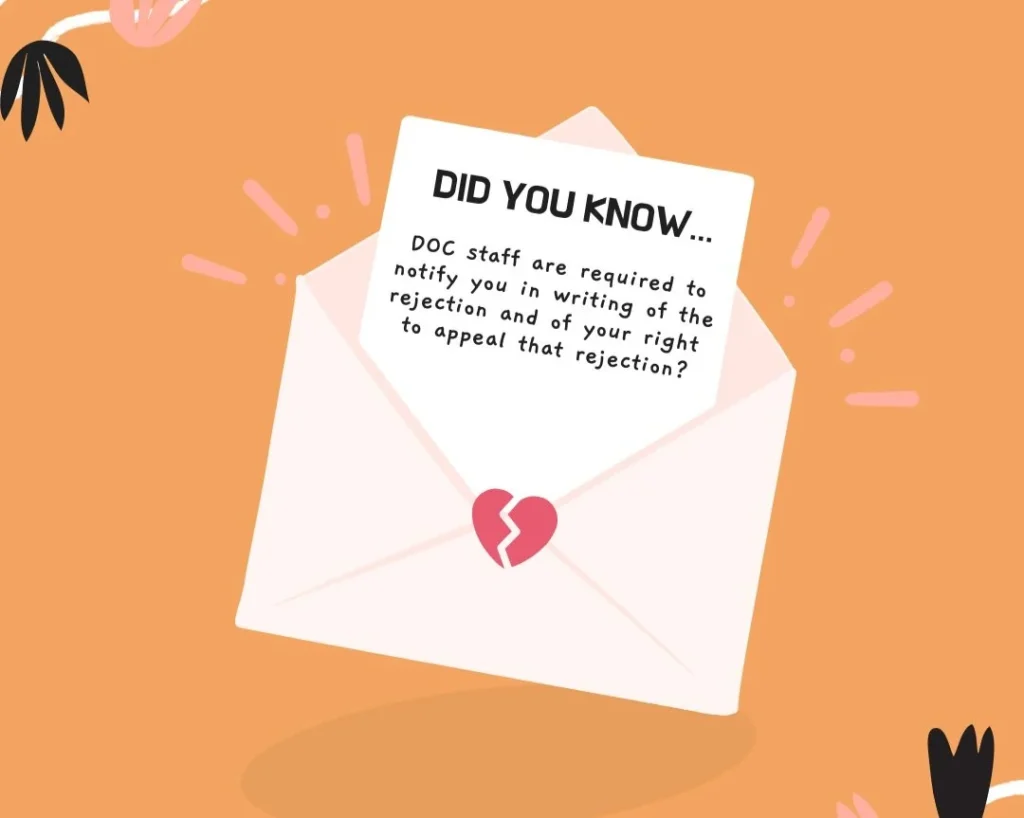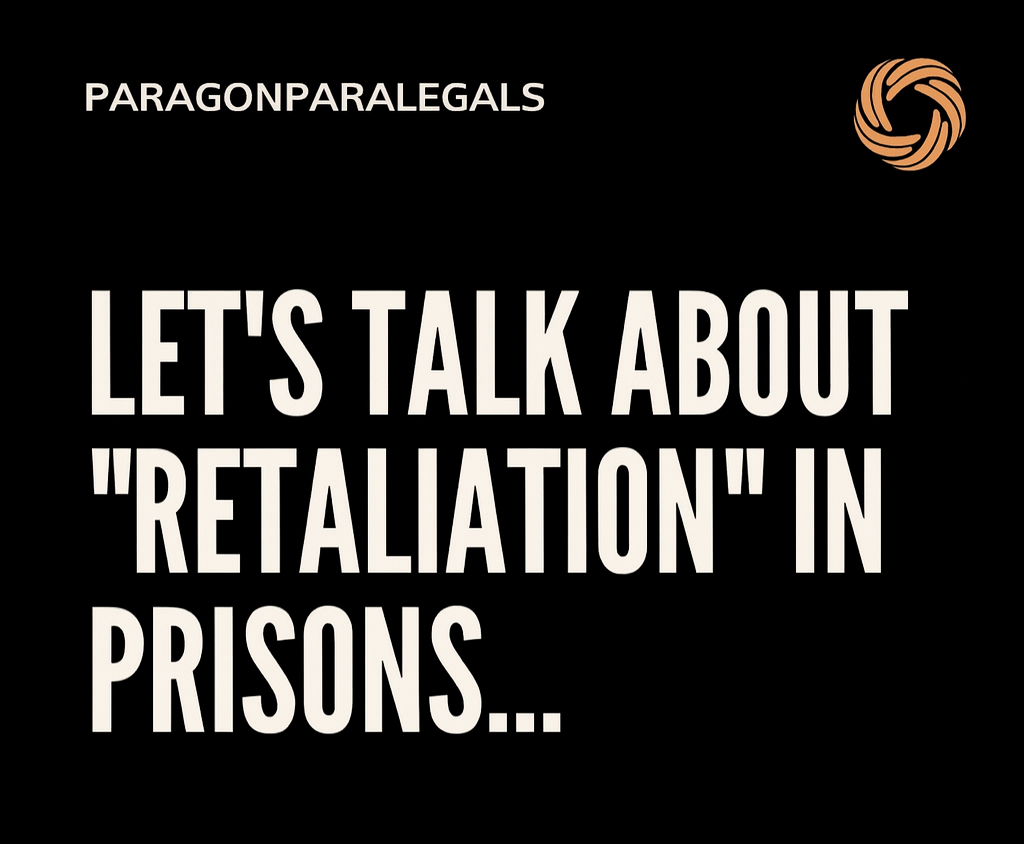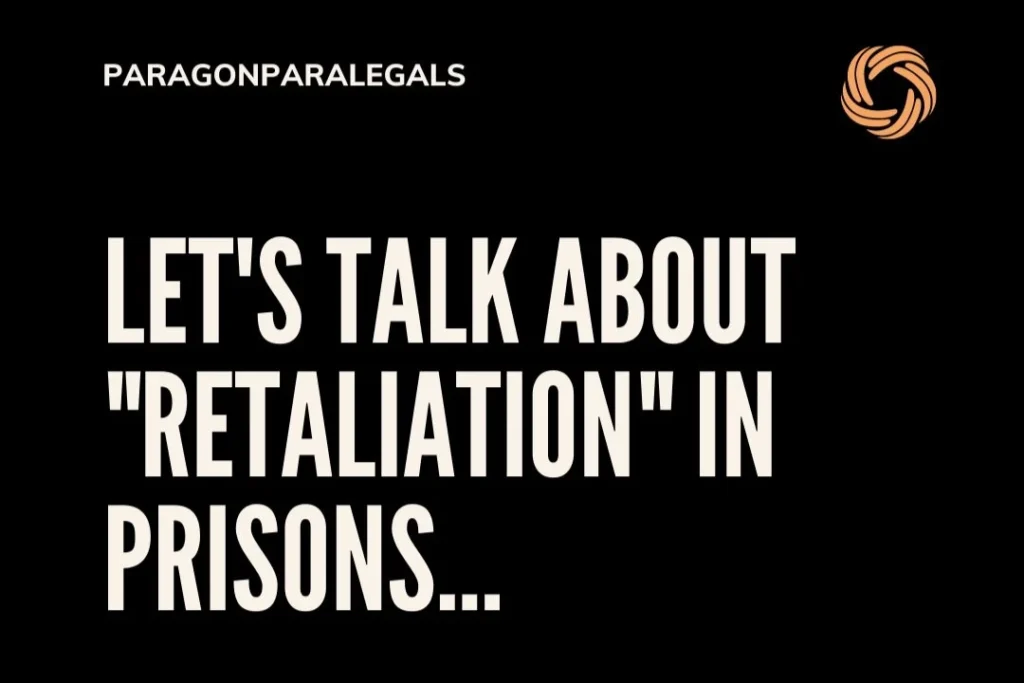For Your Information…
5/6/23
Prison Disciplinary Hearings Are Biased Against Prisoners
The sad part of prison discipline is that the factual determinations of disciplinary hearing officers must only be based on “some evidence” in the record to support the disciplinary decision. Superintendent v. Hill 427 U.S. 445, 455-56 (1985). This is the lowest standard of review in the entire American justice system: it literally means that if there is an indication anywhere in the record that some misconduct occurred, then the disciplinary hearing officer can find the prisoner guilty.
1/7/23
Prison Grievance Coordinator Continues To Violate Prisoner Civil Rights
When you’re a prison administrator and you’ve been sued in federal court for your continued violation of prisoner civil rights, you’d think that you’d wise-up and stop your illegal activities–especially when the Ninth Circuit Court of Appeals (federal jurisdiction) has published a case and warned you about your shenanigans. I mean, unless you’re Dennis Dahne, that is.
11/13/22
Constitutional ”Speedy Trial” rights aren’t so speedy
While you’re waiting for trial, there’s time limits on the state to prosecute you promptly. In Washington, there is a ”Speedy Trial” right guaranteed by the state and federal constitutions, and then there is a ”Time for Trial” right created by Court Rule, which we’ll discuss in the next post. If the State violated your Speedy Trial rights, then a PRP may be appropriate to challenge the violation.
11/6/22
When being sentenced, all defendants must receive credit for all time served in custody prior to sentencing
When you’re getting sentenced in a criminal matter, you are entitled to receive credit for all time served in custody on that charge prior to sentencing. If the court failed to order that you receive credit for time served on your judgment sentence, then a PRP could be appropriate to get the court to apply the credit for time served that you’re entitled to.
10/30/22
”Time for trial” rights give the state 104-days to take you to trial or the case will be dismissed
As discussed in our previous post, the state only has so much time to prosecute a criminal defendant before the courts will dismiss a prosecution. The preceding post discussed the constitutional right to a ”speedy trial,” but this section discusses the Court Rule’s ”Time for Trial” rights. If the state violated the Time for Trial rule, then a PRP could be filed to address the violation.
10/8/22
Prisoners can defend against D.O.C. administrative shenanigans using the courts
Let’s face it: anybody who has had any dealings with the Department of Corrections (DOC) for Washington State has never had anything nice to say about ANY of it. While there are good people within DOC, they’re far outnumbered by the bureaucratic red-tape of confusion and compartmentalization rampant in our prison’s administration. Fortunately for prisoners, the PRP can be used to ward off the misgivings of prison administration.
10/2/22
State Court Action
Part 3: 42 U.S.C. §1983 Lawsuits
One of the best dynamics of a 42 U.S.C. §1983 lawsuit is that it can be brought IN EITHER federal OR state courts. A main reason to bring a Section 1983 claim in state court (as opposed to federal court) is because of the Prison Litigation Reform Act (PLRA). See 42 U.S.C. §1997e. The PLRA is a federal law that makes it EXTREMELY difficult for prisoners to file federal lawsuits by setting up all types of procedural roadblocks and statutory requirements.
2/21/22
Understanding Section 1983
Part 2: 42 U.S.C. §1983 Lawsuits. The easiest way to see what type of lawsuit you can file under Section 1983 is to review the law itself. Every person who, UNDER COLOR OF ANY STATUTE, ORDINANCE, REGULATION, CUSTOM OR USAGE, OF ANY STATE OR TERRITORY, OR OF THE DISTRICT OF COLUMBIA, subjects, or causes to be subjected, any citizen of the United States or other person within the jurisdiction thereof to the DEPRIVATION OF ANY RIGHTS, PRIVILEGES, OR IMMUNITIES SECURED BY THE CONSTITUTION AND LAWS, shall be liable to the party injured in an action at law, suit in equity, or other proper proceeding for redress . . . .
2/2/22
State Employees Can be Sued Under Federal Law When Prisoner Rights are Violated
Part 1: Introduction to 42 U.S.C. §1983 . To those of you whom are familiar with the less-than-professional ways that State-prison employees and officers mismanage the custody and care of our loved ones in prison, did you know that there is a federal law which prisoners can use to remedy the violation of any federal right, privilege, or immunity?
1/26/22
Your Incarcerated Loved Ones Have a Constitutional Right to Send and Receive Mail!
Washington DOC is notorious for rejecting prisoners’ written communication, but what a lot of people don’t know is that prisoners have a constitutionally protected right to send and receive mail. Witherow v. Paff, 52 F.3d 264, 265 (9th Cir. 1995)(citing Thornburgh v. Abbott, 490 U.S. 401, 407 (1989)).
1/24/22
Any Time Your Emails are Rejected by Washington DOC You Must be Notified in Writing!
Did you know that anytime your emails to your loved one are rejected, DOC staff are REQUIRED to notify YOU in writing of the rejection and of your right to appeal that rejection? Did you know that you have a FUNDAMENTAL RIGHT for DOC to abide by the Washington Administrative Code (WAC)?
1/22/22
If They Violate Your Constitutional Rights, Sue ‘Em!
When you’re a prisoner and you litigate against prison officials, you tend to get a lot of flack from those in charge. That is to say, their attitude seems to be “how dare you stand up for yourself and enforce your rights”? And the usual first reaction from prison officials when you start to enforce your rights in the courts is “retaliation.”

1/13/22
DOC Policy Doesn’t Mean Anything!
What if I told you that DOC Policy doesn’t have any force or effect at all? Don’t believe me? Read the law yourself. DOC makes its Policy under the Administrative Procedures Act. RCW 34.05.230(1). The law specifies in part: “Current interpretive and Policy Statements are advisory only.”


